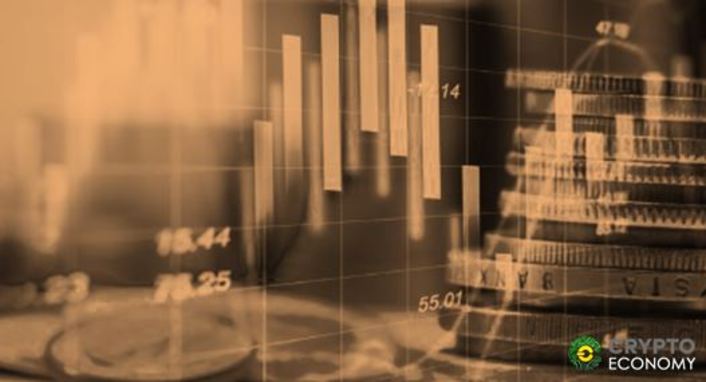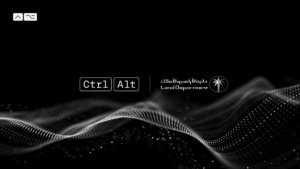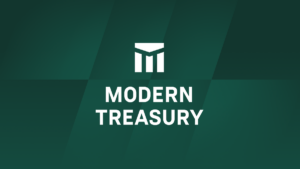Daily trading operations require complex processes to reconcile the exchanges of huge volumes of data that are performed in milliseconds by algorithms applied for this purpose. Stock exchanges are now finding in blockchain technology an important opportunity to drive technical improvements to improve performance and efficiency in operations.
In fact operations with shares in the stock exchanges involve coordinating the payment and delivery between a lot of databases and then reconciling the respective registers. In general, the operations take two full days to settle and be fully realized.
The benefits of blockchain technology can perfectly help with records of immutable and transparent transactions to accelerate and simplify the process involved in each operation, and more when they are in masse.
Already countries like Australia, Singapore and Switzerland are among those who are beginning to experiment with blockchain for these purposes. The main stock exchanges of the United States are studying the concept. For its part, the Australian stock exchange, the ASX, is already advancing in the use of blockchain technology to replace its main stock exchange compensation and settlement platform.
In the case of Singapore, for example SGX, the Singapore Stock Exchange and the Monetary Authority of Singapore – MAS – recently announced a prototype platform using blockchain technology for the delivery, payment and liquidation of stock assets.
In these cases the paradigm of decentralization with which blockchain has arisen is not at all a privative condition. ASX that is already working with blockchain retains its centralized scheme and this does not affect at all the quality of performance improvements in its operations achieved through the implementation of blockchain technology.
It should be mentioned that unlike the complete transparency of the bitcoin distributed book, stock market players will not have access to the entire data set, mainly for legal reasons, in addition to not having to disclose their operations and the settlement of transactions will not be in real time. That is why it is necessary to understand that not all the blockchain theme must go in an immutable condition of decentralization and unconditional public access.
The US firm Digital Asset is working with the main US stock exchanges for the implementation of blockchain, and argues that the programming language developed by its firm, the daml, allows to automate financial contracts and will facilitate even more innovation in this type of uses. Complex reconciliation processes will be drastically simplified and therefore improve efficiency.
There is a lot of movement among the main stock exchanges of the world to understand and apply improvements through blockchain technology. It is necessary to consider that these activities are strictly regulated and that the implementation of critical processes through blockchain could suppose in some cases the necessary normative adaptation. It is an excellent opportunity to assertively integrate blockchain technology in processes with government approval.











